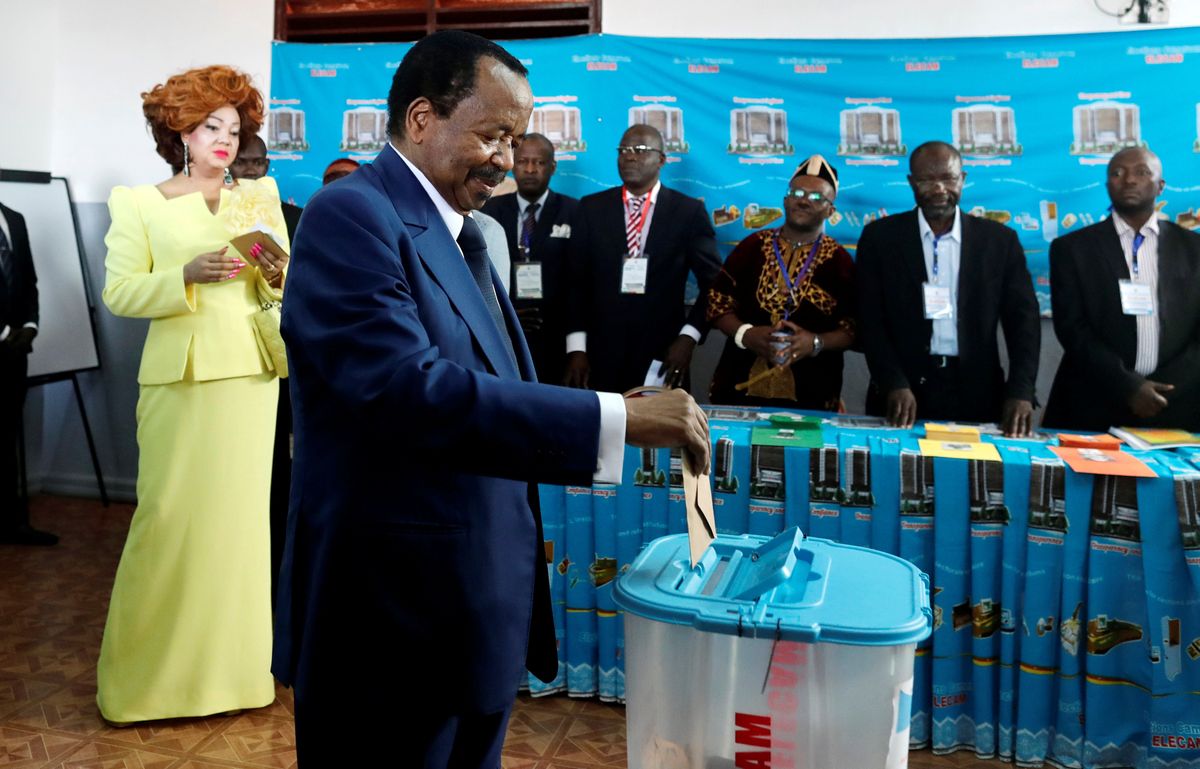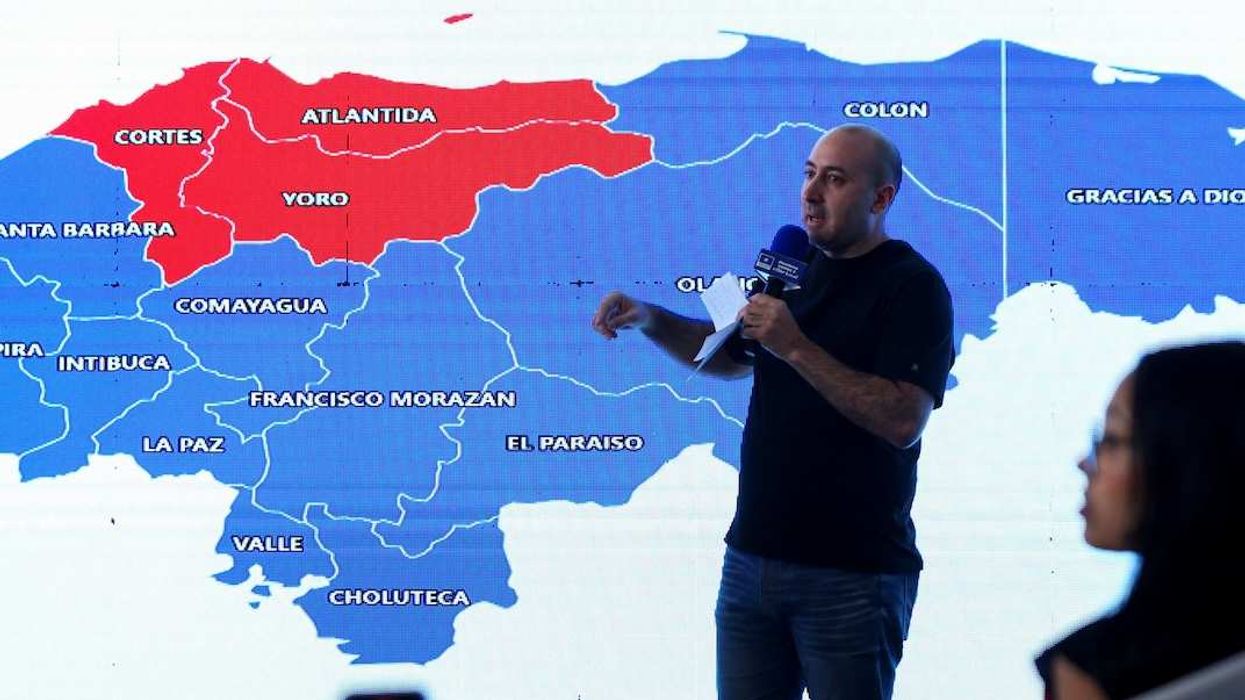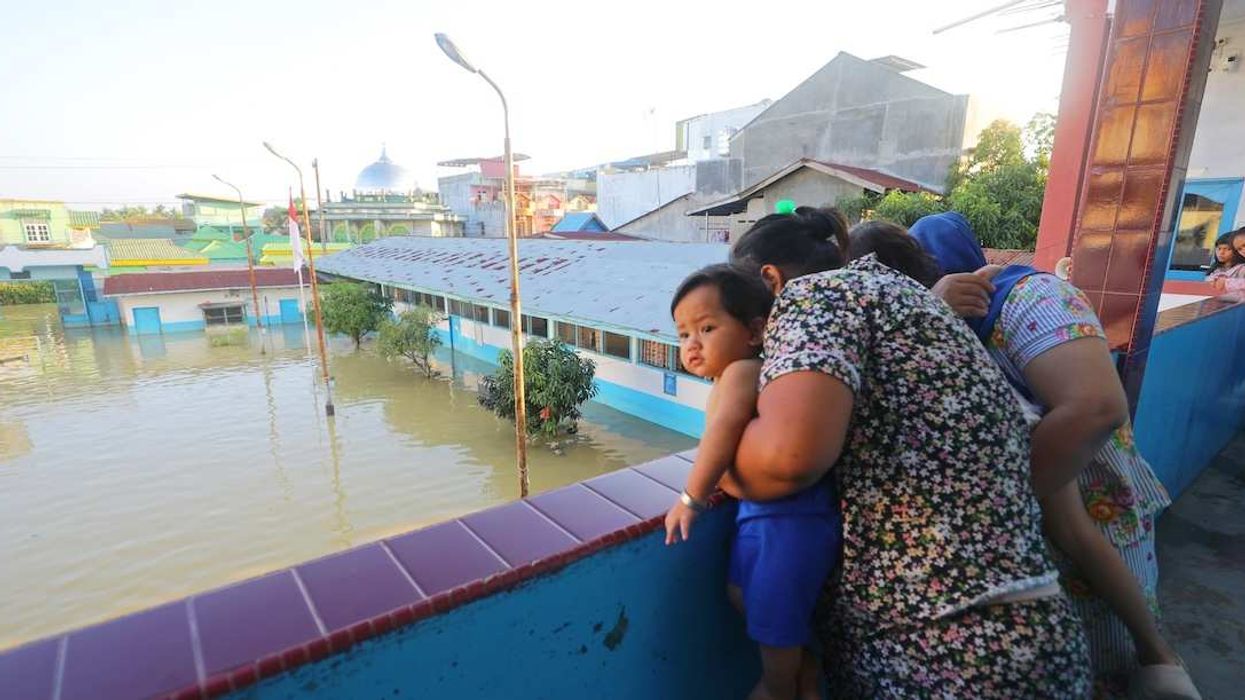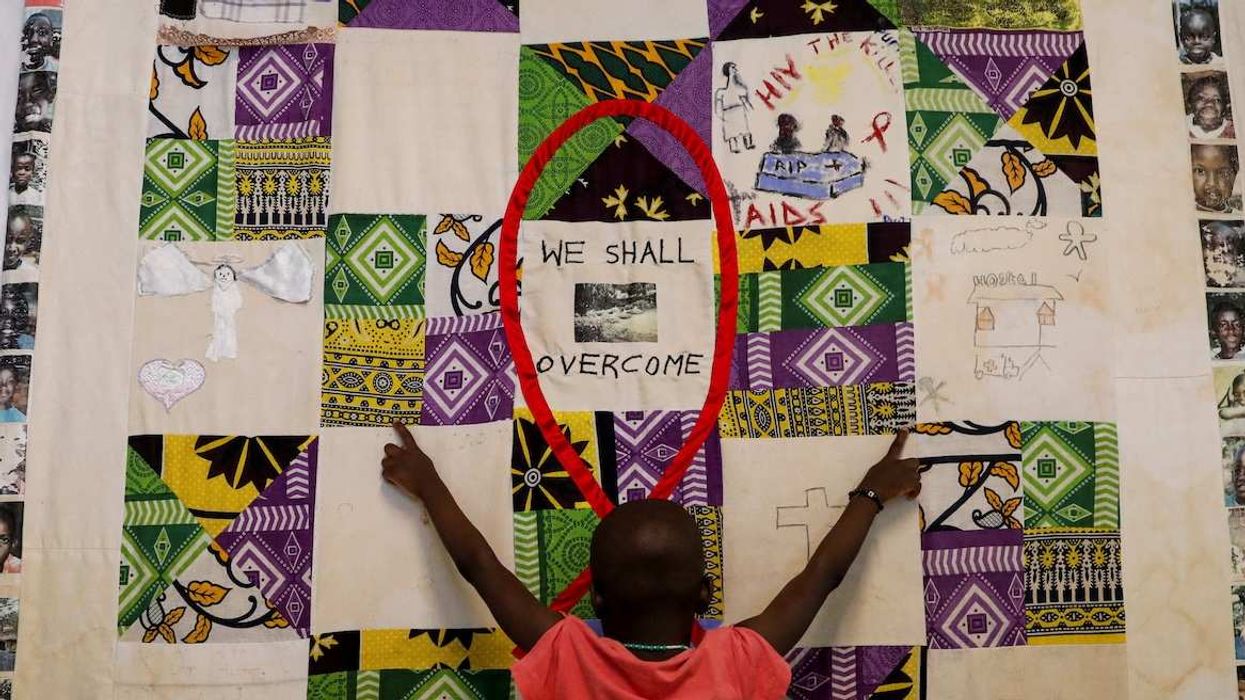Two critical votes took place over the weekend that may have escaped your attention but which could represent watershed political moments for the countries in which they took place.
A lingering civil war in Cameroon? Africa’s oldest leader, Cameroon’s President Paul Biya, is set to lock up his seventh term in office. Biya’s iron grip on power has been tested by an ongoing crisis between the country’s sizable English-speaking minority and its French-speaking majority. Cameroon’s northwestern Anglophone regions produce 60 percent of the country’s GDP, and its English-speaking citizens resent the linguistic and political domination of a French-dominated central government.
Tensions escalated sharply last year following calls by Anglophone separatists for independence and a government-led crackdown in response which killed 40 killed people and forced thousands to flee into neighboring Nigeria. On Sunday, turnout in the English-speaking regions was low, amid widespread disenchantment and fear of violence. While it will take two weeks for the results to come in, Biya is widely expected to extend his rule, only increasing the prospect for further violence.
The bottom line: One purpose of elections is to serve as a safety-valve to air the tensions of those who are angry or feel underrepresented. By not addressing a large segment of the population’s grievances, Cameroon’s fissures will only grow. As one observer noted, “all the ingredients for a potential civil war are already assembled.”



















